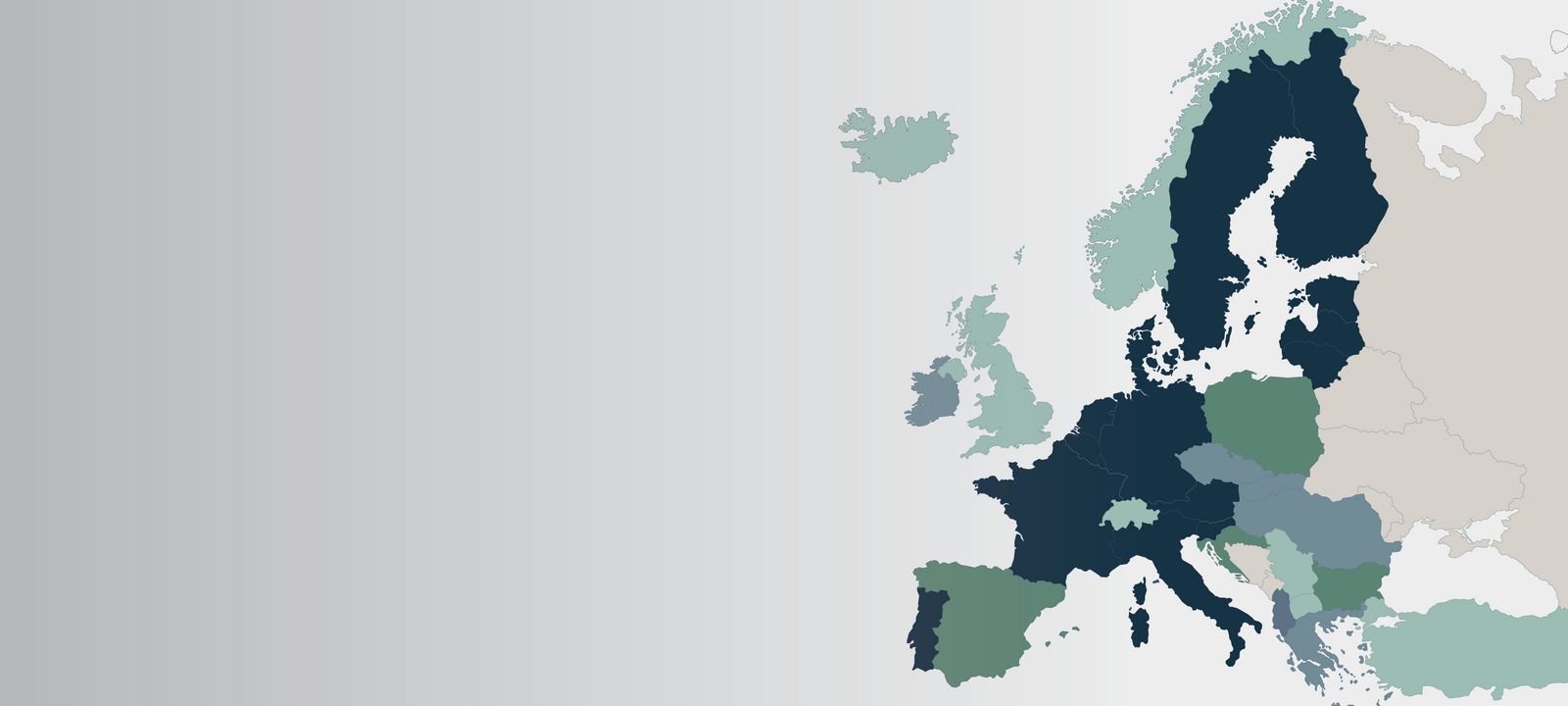
UPC - The Unified Patent Court
The UPC entails great changes for patent proprietors and tech-heavy companies. The UPC Agreement entails that a large number of patent cases will commence in UPC divisions instead of in the ordinary national courts. A European unitary patent was also implemented along with the patent court agreement; meaning a patent with unitary effect in the entire EU with the exception of Spain, Poland, the Czech Republic, Hungary and Croatia. Great Britain is not comprised by the UPC or the unitary patent either.
According to the plan, the UPC was supposed to start in 2017; however, the project has been delayed due to two proceedings before the German constitutional court questioning the UPC’s compatibility with the German constitution. On 20 March 2020, the German constitutional court found the German implementation of the UPC unconstitutional (passed without the necessary majority); however, the dispute was remedied, and on 9 July 2021 the constitutional court rejected two requests for a preliminary injunction against the German laws ratifying the UPC Agreement.
Great Britain originally stated that the country wanted to participate in the UPC despite Brexit. However, in early 2020 Great Britain announced that the country would not join the UPC after all.
On this website, you can keep updated on and find information about the UPC.

Map of UPC countries
Frequently asked questions
We have gathered some of the frequently asked questions about the UPC.
UPC Taskforce
Plesner has set up a dedicated UPC specialist team. Our UPC Task Force advises on all aspects of the UPC and the new unitary patent.


